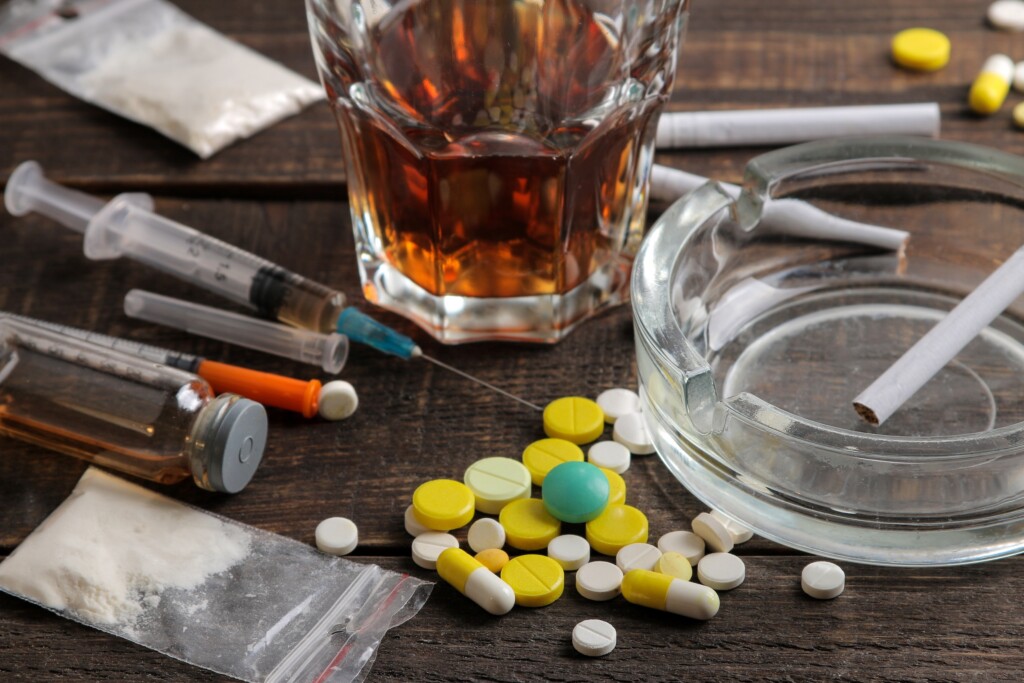Choosing to stay sober is a big step, but it often comes with challenges. Some situations or feelings can make it harder to stay on track. These moments are called triggers. They can bring back the urge to drink or use drugs. Learning how to deal with these triggers helps protect progress and supports a sober lifestyle.
This guide breaks down common triggers and offers simple ways to deal with them. The goal is to help anyone in recovery stay focused, even when things get tough.
What Are Triggers?
Triggers are things that remind a person of past drinking habits or drug use. These reminders can lead to strong cravings. Some triggers are easy to notice, like being offered a drink. Others are harder to recognize, such as feeling anxious or sad.
For example, someone recovering from alcohol addiction might feel triggered by walking past a bar or hearing a song linked to old habits. These experiences can bring back memories and emotions that feel difficult to control.
Triggers are different for everyone. But they are a normal part of the recovery process. Knowing what they are can help with staying in control.
Learn What Triggers You
To manage triggers, it’s important to understand what causes them. Not everyone is affected by the same things. Some triggers come from emotions, while others come from certain people or places.
Here are some common examples:
- Feelings: anger, sadness, stress, fear, boredom
- People: old drinking buddies, toxic family members
- Places: bars, parties, certain neighborhoods
- Events: job loss, breakups, financial trouble
Keeping a journal can help track which situations or feelings cause cravings. Over time, this can show patterns and help prevent future struggles.
If these triggers feel too strong or hard to face alone, it’s a good idea to reach out. Don’t hesitate to click here to connect with professionals who help people overcome alcohol abuse and manage mental health conditions.
Stay Away from Risky Situations
Once personal triggers are clear, it’s smart to avoid situations that might lead to relapse. For someone early in their path to sobriety, going to a party with alcohol might feel unsafe. Avoiding that kind of environment makes it easier to stay focused.
Steering clear of risky places or unsupportive people is not a sign of weakness. It’s a step toward a healthier life. Making better choices about where to go and who to be around protects progress and builds strength.
This might mean finding new hobbies or letting go of old routines. In some cases, it involves spending more time with sober friends or people who support a positive lifestyle.
Find Healthy Ways to Cope
Even with good planning, not all triggers can be avoided. Life brings stress, and it’s important to have healthy ways to cope. This is where new habits can replace old ones.
Here are some helpful ideas:
- Physical activity like walking or riding a bike helps clear the mind
- Creative outlets such as art, music, or writing help release emotions
- Talking to someone trustworthy brings comfort
- Relaxation methods like deep breathing or quiet time can ease tension
Building these habits may feel unfamiliar at first. But they get easier over time and become tools for healing. Many people in recovery also find that regular exercise improves mood, reduces stress, and supports mental health.
Build a Support System
Having the right people around makes a big difference. Friends, family, sponsors, or counselors can all play a part in helping someone stay sober. Being surrounded by people who care and who offer encouragement strengthens the recovery process.
Support is more than just having someone to talk to. It means building healthy relationships that add value and understanding to everyday life. These connections also help prevent isolation, which is often linked to mental health issues and relapse.
Spending time with sober friends or joining a support group gives a sense of belonging. It reminds people that they’re not alone in what they’re going through.
Stay Aware of Your Feelings
Paying attention to how you feel during the day helps stop triggers before they grow. This means checking in with your emotions and taking small steps to care for them.
A simple question like, “How am I feeling right now?” can make a big difference. Recognizing stress, sadness, or frustration early helps prevent a slip-up. Taking a break, going outside, or talking to a friend are all helpful responses.
Managing emotions this way also supports long-term mental health and helps reduce the risk of turning back to harmful alcohol consumption as a coping method.
Have a Plan for Trigger Moments
Having a plan in place brings peace of mind. When a trigger shows up, following a few simple steps helps avoid panic and stay in control.

Here’s an easy plan to follow:
- Notice the trigger
- Pause and take a few deep breaths
- Reach out to someone who understands
- Use a healthy coping skill
- Leave the situation if it feels too intense
Keeping this plan written down or saved on a phone makes it easier to remember in tough moments.
Triggers are a normal part of recovery, but they don’t have to control the future. Knowing what causes cravings, building healthy coping tools, and surrounding yourself with sober friends and a good support system can make staying sober easier. A steady routine, self-awareness, and strong mental health habits all play a part in the journey. With patience, planning, and the right help, anyone can create a healthier life and protect their progress. Every step forward brings more peace, strength, and purpose to the quality of life that comes with sobriety.




